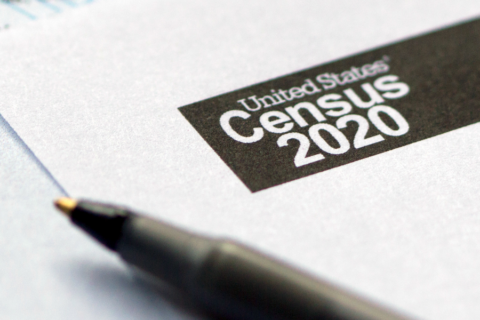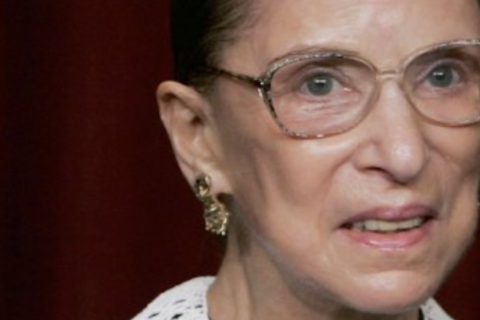The Supreme Court has frozen in place a district court order requiring the Census Bureau to continue counting people through October 31. As a result, the Census Bureau may immediately stop the count.
The Census Bureau lost 47 dates of field operations (counting people) due to COVID-19 between March and May. In April it announced it would extend field operations until October 31. In August it changed the ending date of field operations to September 30. The federal government claimed it had to end field operations early to have enough time to process the data it collected to meet the December 31 statutory deadline for reporting census results to the President.
On September 24 a federal district court issued a preliminary injunction disallowing field operations to end on September 30. The court concluded the challengers were likely to succeed on the merits of their Administrative Procedures Act (APA) claim that the decision to end field operations early was “arbitrary and capricious.”
On October 7 the Ninth Circuit allowed the lower court ruling to stay in effect until it could review it. The Ninth Circuit agreed with the district court that the decision to end field operations early likely violated the APA because the Bureau failed to provide any response, much less a “satisfactory explanation to numerous statements by Bureau officials that accelerating the schedule [to complete field work by September 30] would jeopardize the accuracy of the census.”
Moreover, meeting the deadline at the expense of the accuracy of the census is not a cost worth paying, especially when the Government has failed to show why it could not bear the lesser cost of expending more resources to meet the deadline or continuing its prior efforts to seek an extension from Congress.
Justice Sotomayor
The federal government filed an emergency motion asking the Supreme Court to freeze the district court decision until the Ninth Circuit could review it (which the Ninth Circuit won’t have time to do).
While the entire Supreme Court participated in the decision in this case none of the Justices indicated how they voted except Justice Sotomayor, who dissented. She rejected the government’s argument that the Census Bureau had to be allowed to cease field operations to meet the December 31 statutory reporting deadline. “This representation is contrary to the Government’s repeated assertions to the courts below that it could not meet the statutory deadline under any circumstances. Moreover, meeting the deadline at the expense of the accuracy of the census is not a cost worth paying, especially when the Government has failed to show why it could not bear the lesser cost of expending more resources to meet the deadline or continuing its prior efforts to seek an extension from Congress.”
Justice Sotomayor also noted that an inaccurate census causes financial harm to states and local governments. While the federal government asserted over 99 percent of households in 49 states are already accounted, Justice Sotomayor responded, “even a fraction of a percent of the Nation’s 140 million households amounts to hundreds of thousands of people left uncounted. And significantly, the percentage of nonresponses is likely much higher among marginalized populations and in hard-to-count areas, such as rural and tribal lands.” She also pointed out that during the 2010 census, “the Bureau continued its field operations for a full month after reaching the 99 percent threshold that the Government now deems good enough.”
In another census case, the federal government has asked the Supreme Court to review on an expedited basis New York v. Trump. In this case, a three-judge panel held the Secretary of Commerce may not provide the President with a census count, which is used reapportion congressional seats among the states, that excludes undocumented persons. The Supreme Court will consider what to do with the federal government’s petition, in this case, this Friday.







